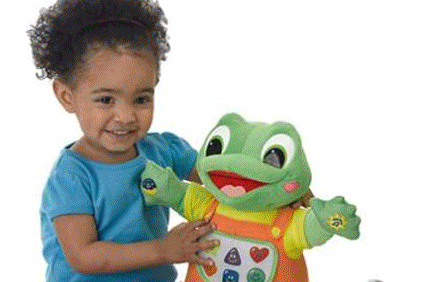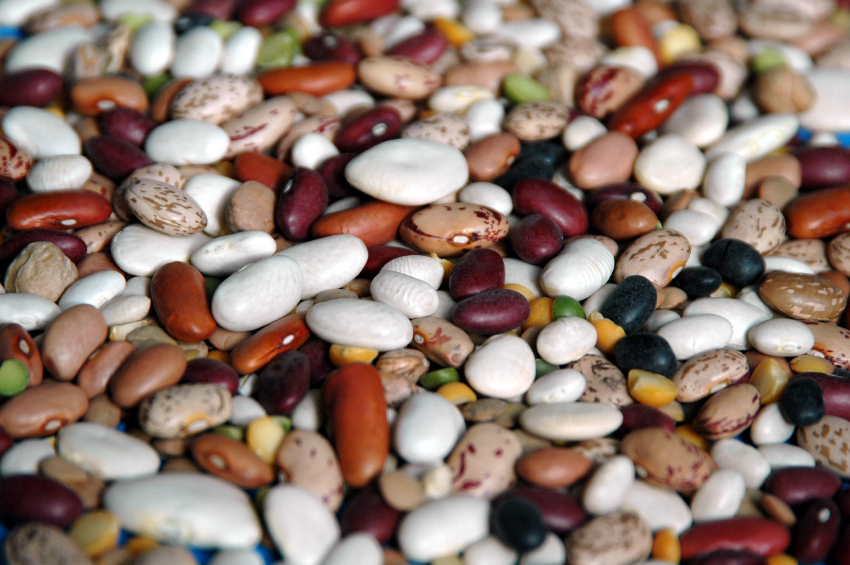 |
 |
Many people are familiar with the concept behind music therapy, but not
everyone thinks to incorporate this into their own life. Armed with
the knowledge that listening to certain types of music can lift your
mood or alter it in other desirable ways, you can create your own
reality. This knowledge can also inform your decision when it comes to
music that would negatively affect you.

One of the most obvious
things that music does is alter your mood. The next time you're
feeling down, think about what kind of music you feel like listening
to. It might be that you instinctively go for something sad to match
your mood. When you catch yourself doing that, pick out music that
feels joyful to you, and listen to that instead. Before you know it,
you'll be feeling better. One thing that happens in your body is that
your brain waves shift to match the tempo of the music. A faster tempo
will enhance your alertness and lengthen your concentration span.
A
study at the University of Maryland School of Medicine in Baltimore
discovered that listening to music that you find to be joyful can
actually improve your cardiovascular health. When participants in a
study listened to joyful (in their opinion) music, their blood vessels
dilated by as much as twenty three percent. Meanwhile, when they
listened to music that caused them anxiety, their blood vessels
constricted as much as nine percent. Hearing music you enjoy can
increase blood flow throughout your entire body.
Music also
directly affects heart rate as well as breathing rate. To slow down,
relax, and meditate, listening to music that is calming can help you
relieve stress and enter a meditative state. Decreasing stress levels
is one of the best things you can do for your health, both physically
and mentally, so the next time you turn the stereo on, think about your
choice in music and how it will affect you.

|
|
 |
 |
Playing is an intrinsic, healthy part of how children learn about the
world. They use it to explore their environments, to engage with
others, learn and practice new skills, expand and explore their
imagination, etc. Knowing the stages of play that your child will
likely go through is important as it enables you to have
age-appropriate expectations and understanding.

The three
main stages of play are exploratory- experiencing the environment
through the senses, relational- using toys for their designated
purposes (the firetruck puts out fires, the broom is used to sweep and
so on), and symbolic play- using a toy or object as something else,
such as pretending that a blanket is a cape or using a stick to imitate
a sword. Children start off playing by themselves. The next step is
for them to play alongside but not necessarily with, others. Later,
the child begins to involve those around them in their play, resulting
in the child being able to share toys, playtime, and co-create
together. in order to make the move from playing by oneself to playing
with other a certain amount of brain development must take place, and
communication and language skills need to be in place.
The following are guidelines for how you can support your child during their play development:
12-20 months:
show your child how toys work, and let them explore it in their own
way. Watching others play is common, playing with others is not.
Around 16 months or so, you may find that your child will play next to
and copy other children.
21-30 months: by the age of
two, you child will be the one initiating play on their own. The
concept of "pretending" will emerge. Creating stories and imaginary
worlds will help in the development of reasoning skills and
creativity. This is the beginning of your child's self-confidence and
self esteem, so your role in this type of play is to encourage and
support them. They will be able to play alongside other children and
tell each other what to do but will not be able to co-create a story.
31-40 months:
at this point, children can think for themselves and are exploring the
borders of reality and fantasy. Three years of age is a very
egocentric time period in that their understanding of the world is
based on their experiences of it, so they may view toys or other
objects they are attached to as part of themselves, which can lead to
difficulty sharing, even if they understand the meaning of the word.
You can help support your child in learning about sharing with others
and compromising, but recognize they may not be able to understand you.
41 months and beyond:
children have learned to play with others as well as alone by the age
of four. They will (in most cases) understand the difference between
reality and fantasy and will be able to create clear and detailed
storylines. They may experiment with different character roles and
have imaginary friends.
|
|
 |
 |
 The meaning and basis of our dreams is something that has been the
subject of a great deal of speculation in the psychological community
for years. Theories about dreams emerging to express unmanifested
desires of our subconscious and dreams acting to allow us to process
our experiences in a safe space abound, and many healers are finding
that not only are dreams part and parcel of our subconscious processing
of our desires and experiences, but they are also instrumental in
helping us heal. Our subconsious mind is at work even while our body
rests, and in dreams it has free reign. The meaning and basis of our dreams is something that has been the
subject of a great deal of speculation in the psychological community
for years. Theories about dreams emerging to express unmanifested
desires of our subconscious and dreams acting to allow us to process
our experiences in a safe space abound, and many healers are finding
that not only are dreams part and parcel of our subconscious processing
of our desires and experiences, but they are also instrumental in
helping us heal. Our subconsious mind is at work even while our body
rests, and in dreams it has free reign.
Studies have shown that
after intense traumatic experiences, many people cease to dream, or are
unable to remember their dreams. The next stage, that of troublingor
frightening dreams, is actually a healthy step. These dreams, as
unpleasant as they may be, are our brain's way of processing the events
that have taken place. Allowing yourself, either consciously or
unconsciously, to process trauma is an important part of the healing
process. Troubling dreams may also be our brain's way of letting us
know that we still need to address issues that we aren't dealing with.
 Remembering
dreams
is a skill to practice. One of the main reasons that so few
people have frequent and detailed memories of their dreams is that
their sleep is being unnaturally interuppted. If you are waking
up to
an alarm clock each day, your sleep cycle is not coming to it's natural
endpoint. Waking up on your body's own time is one of the best
ways to
help yourself remember dreams. You may want to keep a pad of
paper and
a pencil within easy reach so that you can record your dreams before
you get out of bed and get distracted. Many people find that they
remember their dreams more clearly if they remain in the position they
woke up from the dream in, so before you roll over to grab your pen and
paper, run through the dream in your head, consciously forming a memory
of the sequence of events. Remembering
dreams
is a skill to practice. One of the main reasons that so few
people have frequent and detailed memories of their dreams is that
their sleep is being unnaturally interuppted. If you are waking
up to
an alarm clock each day, your sleep cycle is not coming to it's natural
endpoint. Waking up on your body's own time is one of the best
ways to
help yourself remember dreams. You may want to keep a pad of
paper and
a pencil within easy reach so that you can record your dreams before
you get out of bed and get distracted. Many people find that they
remember their dreams more clearly if they remain in the position they
woke up from the dream in, so before you roll over to grab your pen and
paper, run through the dream in your head, consciously forming a memory
of the sequence of events.
|
|
To learn more about dreams and the role they play in healing, go here.
|
|
 |
| Include your contact information below |
#my_firstname# #my_lastname#
#my_phone#
|
|
Visit Me Online
|
|
|
 |
|
In This Issue:
|
|
 |
|
Updates
|
|
Include
your updates here. This information can change month
to month or remain static.
#my_firstname# #my_lastname#
#my_phone#
http://www.shaklee.net/pathintze/
|

|
|
Featured Spirit Cards
|
|
|

|
|
Don't Just Eat Healthy Food, Eat Healing Food
|
Known as the father of medicine, Hippocrates said (around 2,500 years
ago) "Let food
be thy medicine, and medicine be thy food." That is advice we'd do
well to continue taking today. Here are a few examples of the way in
which food can serve as medicine, to both prevent disease and heal the
body:
- Reduce your risk of heart disease by eating whole grains

- Tomatoes, especially cooked tomatoes, can prevent prostate cancer

- Blueberries
are full of anti-oxidants, but they can also prevent, slow or even
reverse age or Alzheimers-related symptoms of dementia

- Walnuts can lower LDL cholesterol, and are high in arginine which boosts blood flow to the heart

- Cabbage, especially fermented (think sauerkraut) has been shown to reduce a woman's risk of breast cancer

- Like beans? Eat more- full of fiber, these beans can help prevent colon disease and cancer

- Cherries may just reduce pain, especially for those suffering from arthritis

- Yogurt is a great immunity booster, and all those probiotics will keep GI systems happy and healthy.

|
|
 |